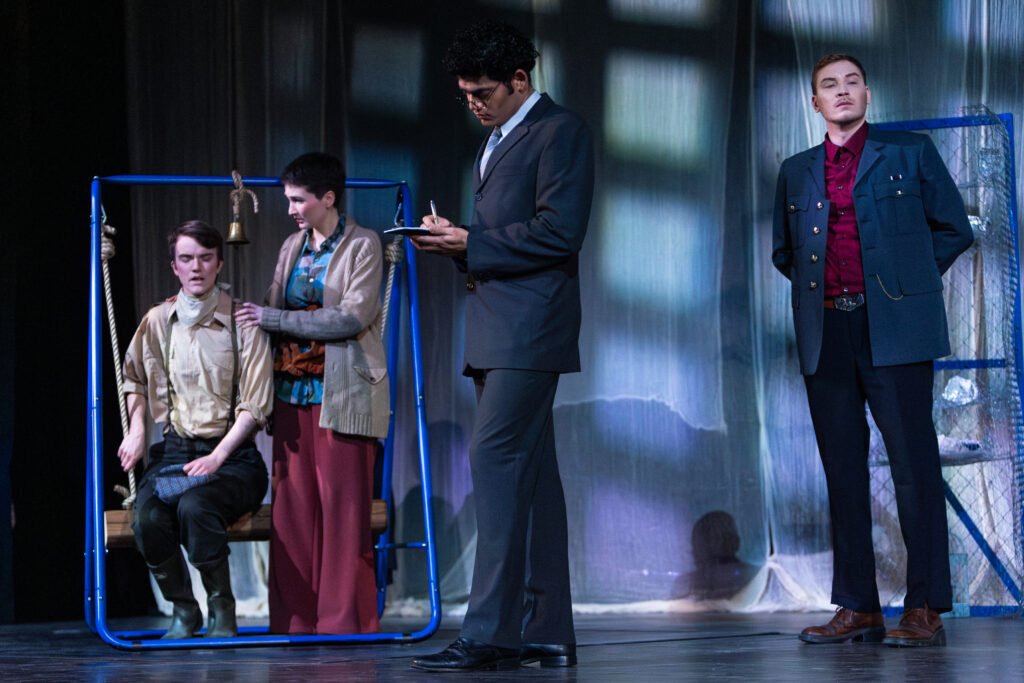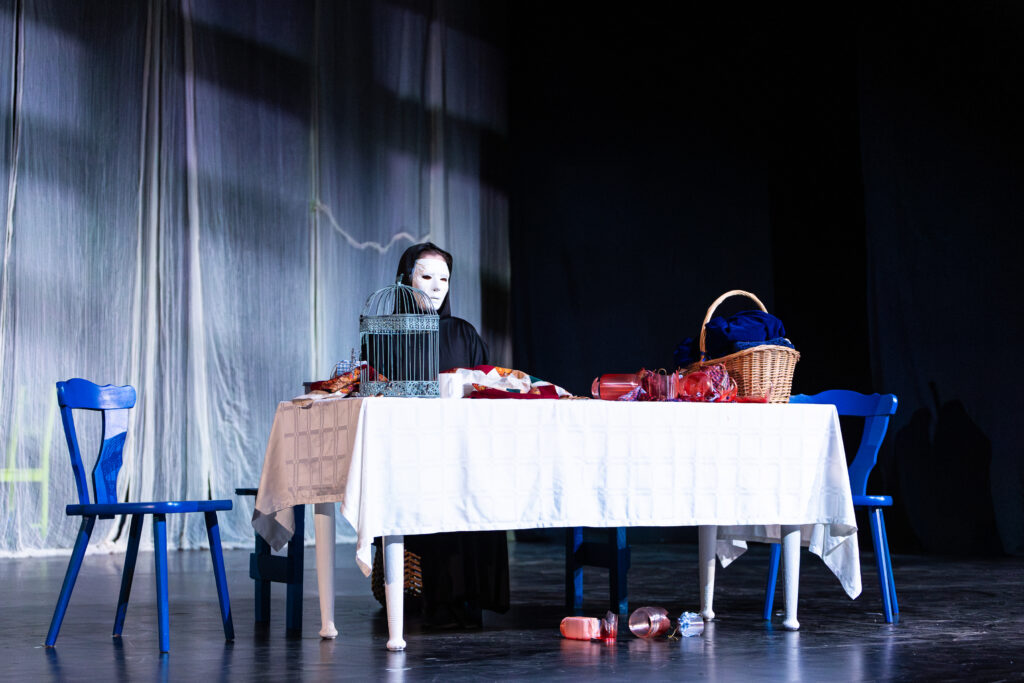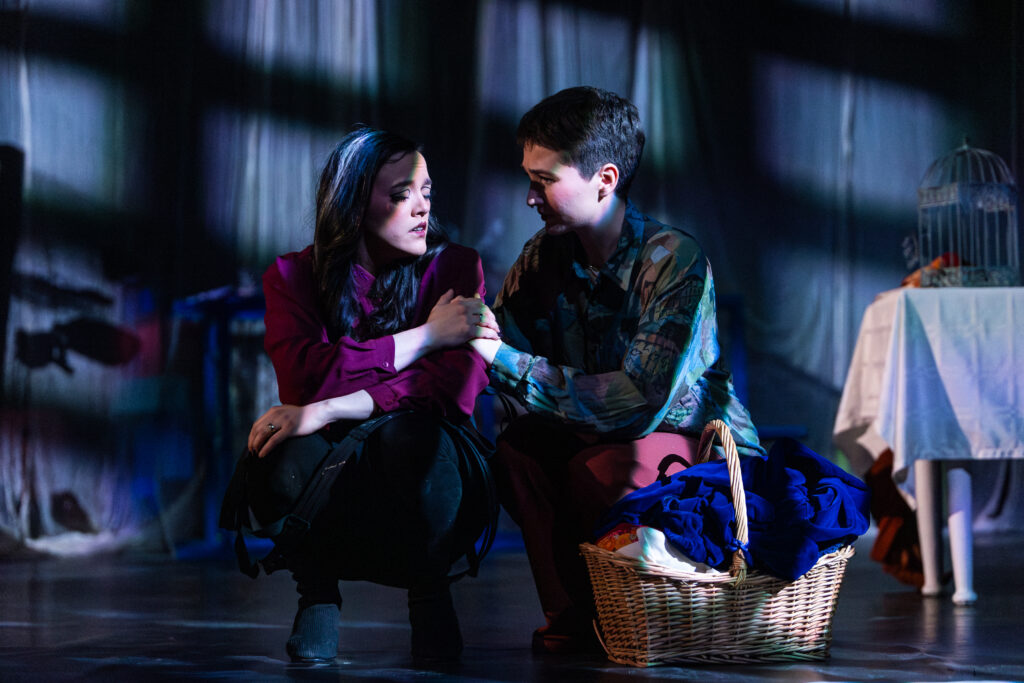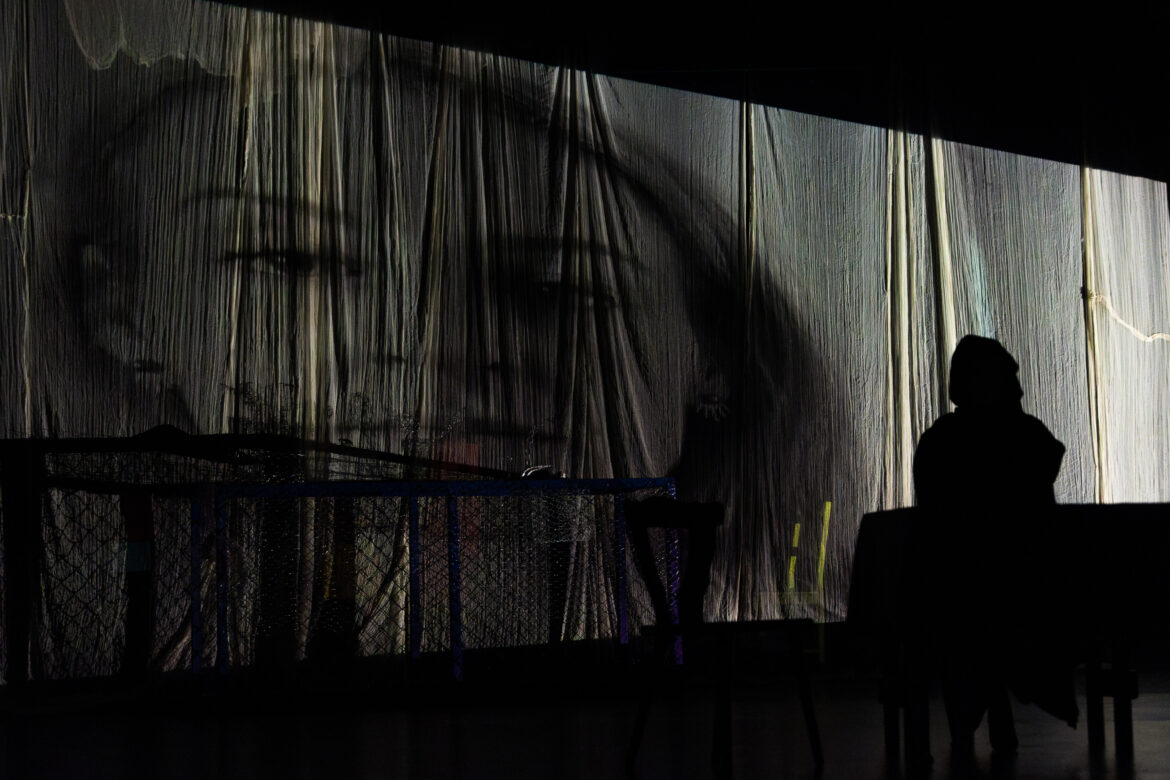By Otylia Grzemsky
Have you ever asked yourself how long it took us as women to get where we are today? The process of getting the rights to be able to express our opinion, to choose what we want to do with our life and in general be equal. Well, as we all know it wasn’t that long ago where women were oppressed by men and formed by society to live up to everyone else’s expectations, whilst completely neglecting their own dreams. Even though we’ve come far as a society, there is still a long way to go before we can confidently say that everyone is equal no matter what. Looking at how the politics are evolving nowadays, it’s not unrealistic to say that somehow all the effort that has been made up till now seems to be on the edge of being reversed.
That’s why I thought the plays “Trifles” and “The American Dream” were great at portraying traditional social norms and how it affected especially women of this time. The play was about the investigation of a man’s murder in a rural farmhouse. While the men, representing law and authority, searched the scene for clues, the women focus on the “trivial” domestic details. Through their observations of a broken birdcage, stitching, and an empty home—they uncover the psychological abuse suffered by the victim’s wife, which leads them to understand the crime’s motive. During this play I noticed that the women were rather in the back of the stage behind the men, not really participating in the men’s conversation. Mrs. Peters and Mrs. Hale would take their husbands coats and hang them up, acting as if they were their servants. Even when one of the women tried to share her own perspective of what she noticed about the Wright family, she was ignored by the detective, who only listened when her husband repeated what she’s said beforehand.

I thought the play depicted women being seen as nothing more than their husbands‘ wives very well, as well as how little their opinions were valued at that time. Moreover, there was a character, who wore a long black cloak with a hood and a white mask, that fully covered this person’s face. At first this character’s appearance in the play confused me, as I didn’t know what their role or goal was in this play.
In general, this character immersed, but it seemed to come back every now and then, touching the women’s shoulders or placing new objects in the kitchen. After a while I realized that the more direct contact this person had with the women the more, they build up the courage to work against traditional social norms, in which they were forced in. For example, they were taking off any piece of clothing that made them uncomfortable during this play.
In the end the light was focusing on the new character, whilst the actors were spreading awareness about the abuse and violence women have to go through up until this day. That made me believe that this person with the mask portrays all of the women that have died due to the abuse and violence they’ve experienced in their marriage or in their daily life.

In my opinion this character is very powerful and cleverly chosen by the directors, as it perfectly showcases women being oppressed by the society for far too many generations. Furthermore, during one scene, the women were talking about Minnie’s life before she met John Wright. Minnie is excellent at singing and wanted to explore this talent, but when she married John Wright, she lost all the fun for singing and became more and more miserable. The women mentioned her bird that also loved to sing, just like Minnie herself, however Mr. Wright strangled the bird, to which she got more depressed.
I believe that this bird represents her hope that perhaps helped her to enjoy her oppressed life a little bit more or to have something to look forward to every day. So, when her husband strangled her bird, he not only took his life, but also his voice away.
All in all, I thought this play was incredible, as it addresses the importance of spreading awareness about violence, (sexual) abuse that woman have to endure. I especially found the ending scene touching as I was reminded again of all the cruelty in this world and the reason why we have to keep talking about it.
Overall, I enjoyed “Trifles” and would recommend it for all the reasons I’ve mentioned above, such as making sure that everyone knows that there are still women who go through this abuse for simply trying to break through those traditional social norms. It’s been a long and difficult journey to be able to decline the traditional role of a woman as woman. That’s why I think that the #tradwife phenomenon is romanticizing the stereotypical gender roles, creating a false image that implies that this lifestyle is perfect in every way. Realistically speaking, this lifestyle is rather not achievable unless one partner earns enough money to for the whole family.

Photos by Sarah Naumann


Schreibe einen Kommentar